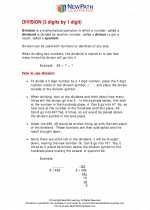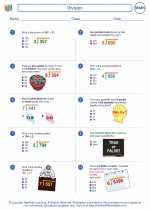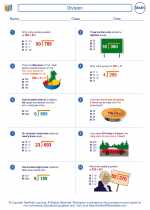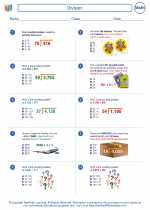Week
A week is a unit of time consisting of seven days. It is commonly used in calendars, planning, and scheduling activities. Understanding weeks and their components is important for organizing and managing time effectively.
Components of a Week:
- Days of the Week: The week consists of seven days: Monday, Tuesday, Wednesday, Thursday, Friday, Saturday, and Sunday.
- Weekend: The weekend typically includes Saturday and Sunday, which are considered non-working days in many cultures.
- Workweek: In many countries, the workweek typically starts on Monday and ends on Friday, comprising five working days.
Understanding Weeks:
To understand weeks, it's important to grasp the following concepts:
- Weekday/Weekend: Recognizing the distinction between weekdays and the weekend helps in planning activities, work schedules, and leisure time.
- Week Number: Weeks are often numbered in calendars, with the first day of the week being either Sunday or Monday, depending on the region.
- Weekdays in a Month: Understanding how many times a specific day of the week occurs in a month can aid in planning recurring events or appointments.
Study Guide:
To master the concept of weeks, consider the following study guide:
- Memorize the days of the week in order.
- Practice identifying weekdays and weekends in a given calendar month.
- Study the concept of week numbers and how they are used in different contexts.
- Calculate the number of weekdays in a specific month and identify any patterns.
- Apply the knowledge of weeks to create a weekly schedule for various activities or tasks.
By understanding the components of a week and mastering its concepts, you can effectively manage your time and plan activities with precision.
[Week] Related Worksheets and Study Guides:
.◂Math Worksheets and Study Guides Sixth Grade. Division
Study Guide Division
Division  Worksheet/Answer key
Worksheet/Answer key Division
Division  Worksheet/Answer key
Worksheet/Answer key Division
Division  Worksheet/Answer key
Worksheet/Answer key Division
Division 

 Worksheet/Answer key
Worksheet/Answer key
 Worksheet/Answer key
Worksheet/Answer key
 Worksheet/Answer key
Worksheet/Answer key

The resources above cover the following skills:
Connections to the Grade 6 Focal Points (NCTM)
Number and Operations: Students' work in dividing fractions shows them that they can express the result of dividing two whole numbers as a fraction (viewed as parts of a whole). Students then extend their work in grade 5 with division of whole numbers to give mixed number and decimal solutions to division problems with whole numbers. They recognize that ratio tables not only derive from rows in the multiplication table but also connect with equivalent fractions. Students distinguish multiplicative comparisons from additive comparisons.